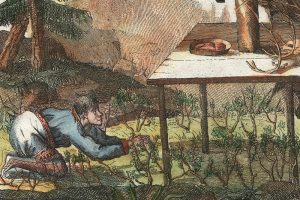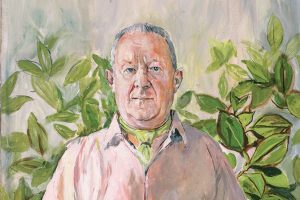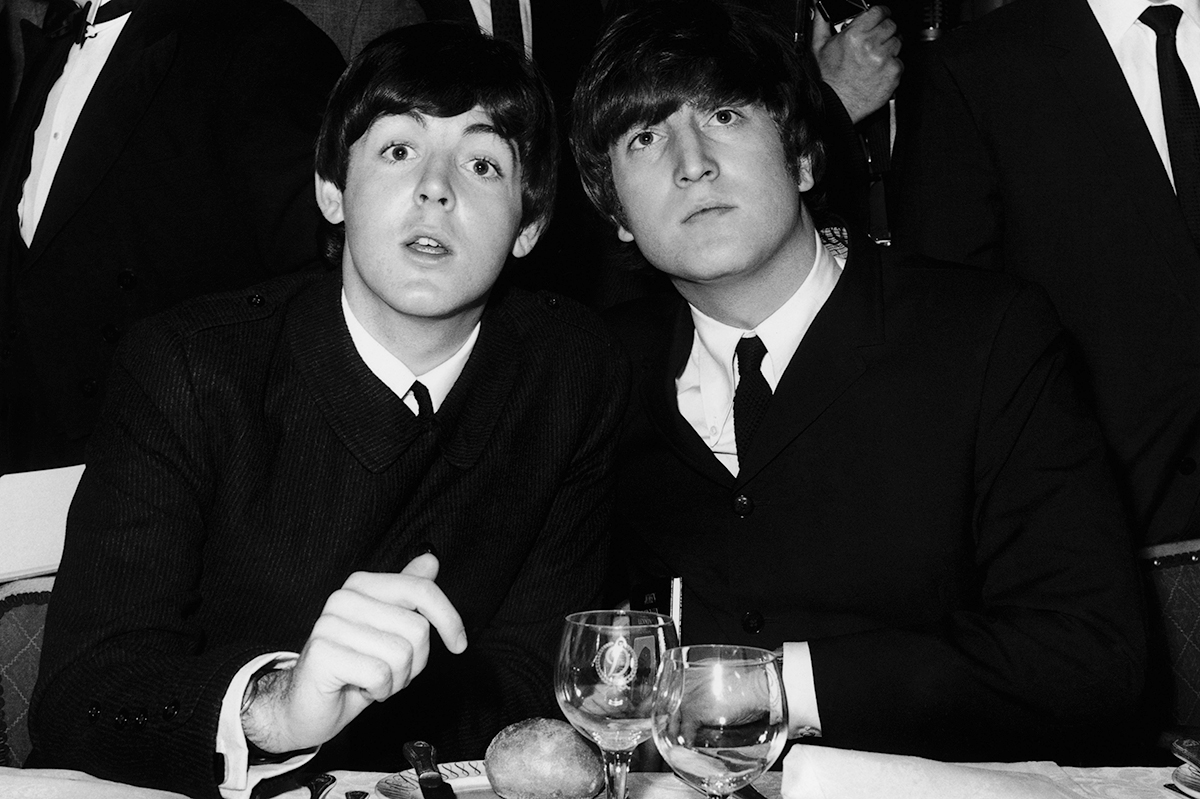Keith Ridgway’s seventh book is a sultry, steamy shock of a novel, not least because nine years ago, despite the critical success of Hawthorn & Child, he retired from writing, telling his publishers he was done with making up stories. He also stopped reading — although only for a year, lured back by the likes of Muriel Spark and Georges Simenon’s Maigret series.
Reading made him want to write again. The result is A Shock, a provocative collection of nine interlinked stories, jostled together like neighbors on a London street or regulars in a pub, which is where most of his characters cross paths. The composite form, popular with the likes of Polly Samson, Jennifer Egan and David Szalay, creates something stronger than its parts.This is not a short story collection.
Set during a sticky summer in south London, A Shock dips into the lives of people you might encounter in ‘Cannibal and Feckham’ without giving them a second thought. It starts with a party, but the third-person narrator isn’t one of the hosts or even a guest but an old woman living next door, who wants nothing more than for someone to listen to her life story now that she’s alone, her husband dead. ‘I loved a person. She died. He died,’ she says to herself, about her partner. ‘It is difficult to explain.’
Most of the characters are connected by their lack of power — financial, social and political. Harry, the landlord at The Arms, the Camberwell local that props up the narrative, can’t even choose which pints to pull. His owners were ‘effectively a property company who made him serve a range of shit beers and blamed him when no one drank them’.
Gary, ‘always a bit high or a bit low’, does shifts at the home improvement store B&Q but can’t earn enough to buy the camera he longs for — and deserves more than the tourists in ‘the Vulgar Square’, dangling Nikons and Canons they can’t use properly round their necks. ‘They’re in fucking auto mode I’m fucking sure of it,’ he rages to his friend Stan, a Labour activist, in The Arms. He contemplates stealing one, but thinks the police would shoot him, given that he’s black. Ronnie, Gary’s uncle, is a plumber. He’s fitting a bathroom for a woman he thinks works in TV. She leaves him and his helper sandwiches each day. ‘Not the brightest people she had ever met, not the fastest workers. But you get what you pay for.’
There is little plot but plenty of action, and the odd dose of surrealism. At one point, mice — something of a Ridgway motif (his 2006 novel Animals opens with a 19-page meditation on a dead mouse) — take over The Arms.
Ridgway is a master at manipulating emotions. One minute he’ll have you smiling in wry recognition at the absurdity of London life, the next wincing at how the cops treat a kid in Peckham who’s smashed his kneecap after crashing a stolen moped, turning ‘the boy over like they were flipping a burger… He had nothing in his pockets but a smashed-up phone and a balled-up fiver and a house key.’
Like everyone in A Shock, that kid would also have a story to tell if only someone would listen. It will help if Ridgway keeps writing them.
This article was originally published in The Spectator’s UK magazine. Subscribe to the World edition here.

























